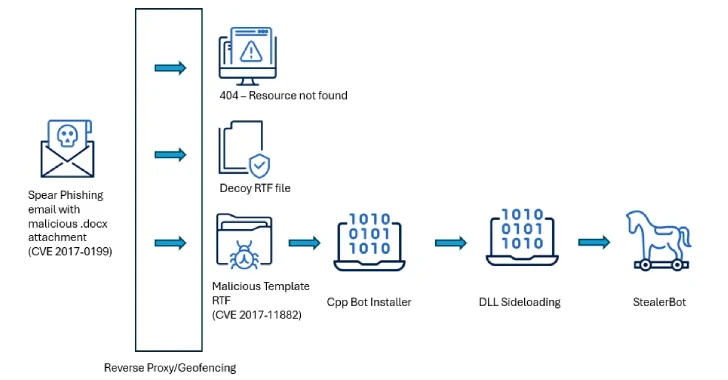In recent developments, a sophisticated cyber threat group, identified as UAT-5918, has been targeting Taiwan’s critical infrastructure, raising alarms in the cybersecurity community. This group, known for its advanced tactics and persistent strategies, has been linked to numerous attacks aimed at disrupting essential services and stealing sensitive information.
The threat posed by UAT-5918 highlights the growing challenges faced by nations in safeguarding their critical infrastructure from cyber threats. Taiwan, being a technologically advanced nation, relies heavily on its digital infrastructure for both civilian and military operations. The attacks orchestrated by UAT-5918 have primarily focused on sectors such as energy, transportation, and telecommunications, which are crucial for the country’s functionality and security.
UAT-5918’s modus operandi involves leveraging zero-day vulnerabilities and deploying sophisticated malware to infiltrate targeted systems. Their ability to remain undetected for extended periods and execute precise attacks has made them a formidable adversary. The group’s activities are believed to be state-sponsored, although definitive attributions remain challenging due to the covert nature of cyber espionage.
The implications of these attacks are profound, as they not only threaten national security but also disrupt daily life and economic activities. In response, Taiwan has ramped up its cybersecurity measures, collaborating with international partners and enhancing its cyber defense capabilities. The government has urged private and public sectors to bolster their security protocols and remain vigilant against potential threats.
Experts emphasize the importance of a robust cybersecurity strategy that encompasses threat intelligence sharing, regular security audits, and the adoption of advanced technologies such as artificial intelligence and machine learning to detect and mitigate threats in real time. Additionally, fostering a culture of cybersecurity awareness among employees and stakeholders is crucial in building a resilient digital ecosystem.
As cyber threats continue to evolve, nations must prioritize cybersecurity as a fundamental component of their national defense strategy. The case of UAT-5918 serves as a reminder of the persistent and dynamic nature of cyber adversaries and the need for continuous vigilance and innovation in cybersecurity practices.



